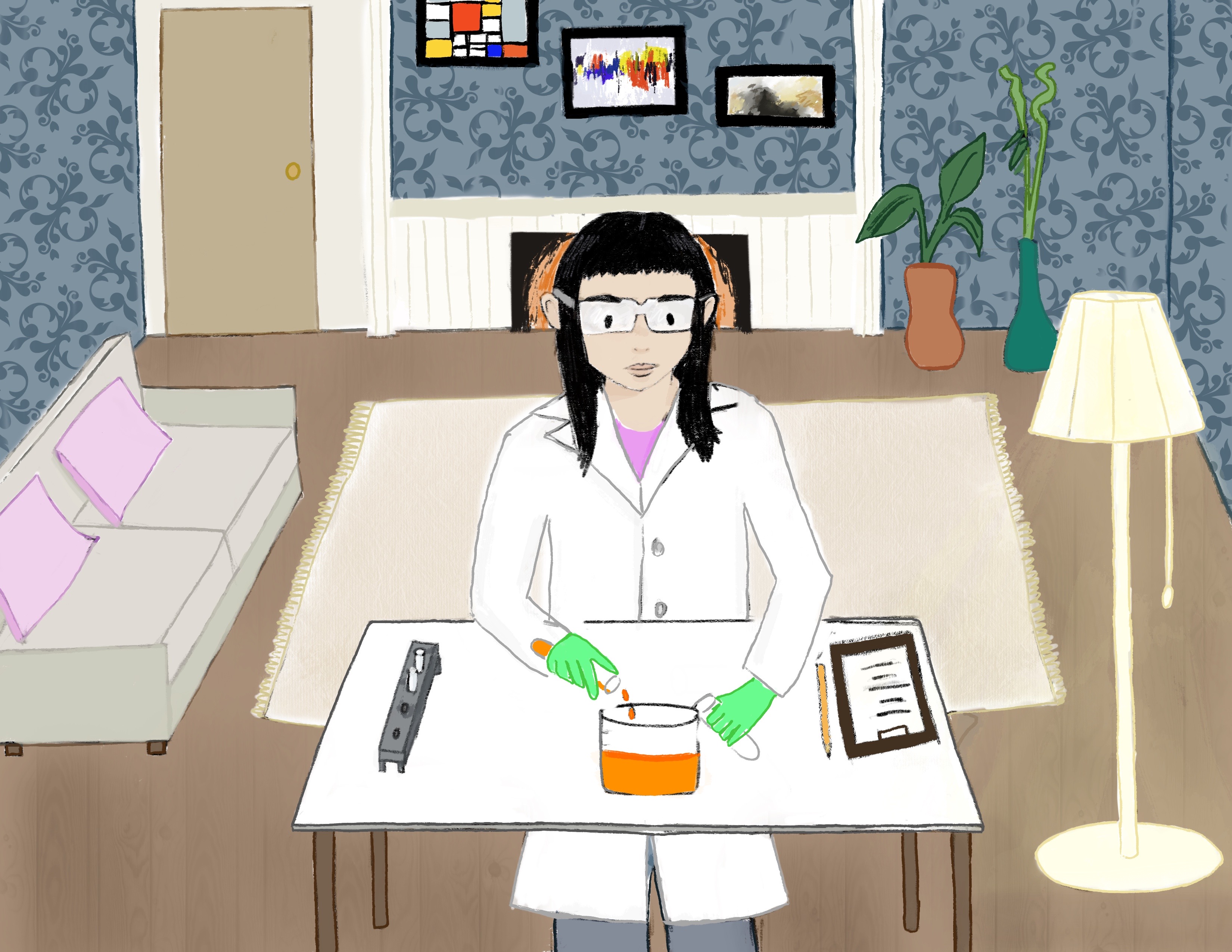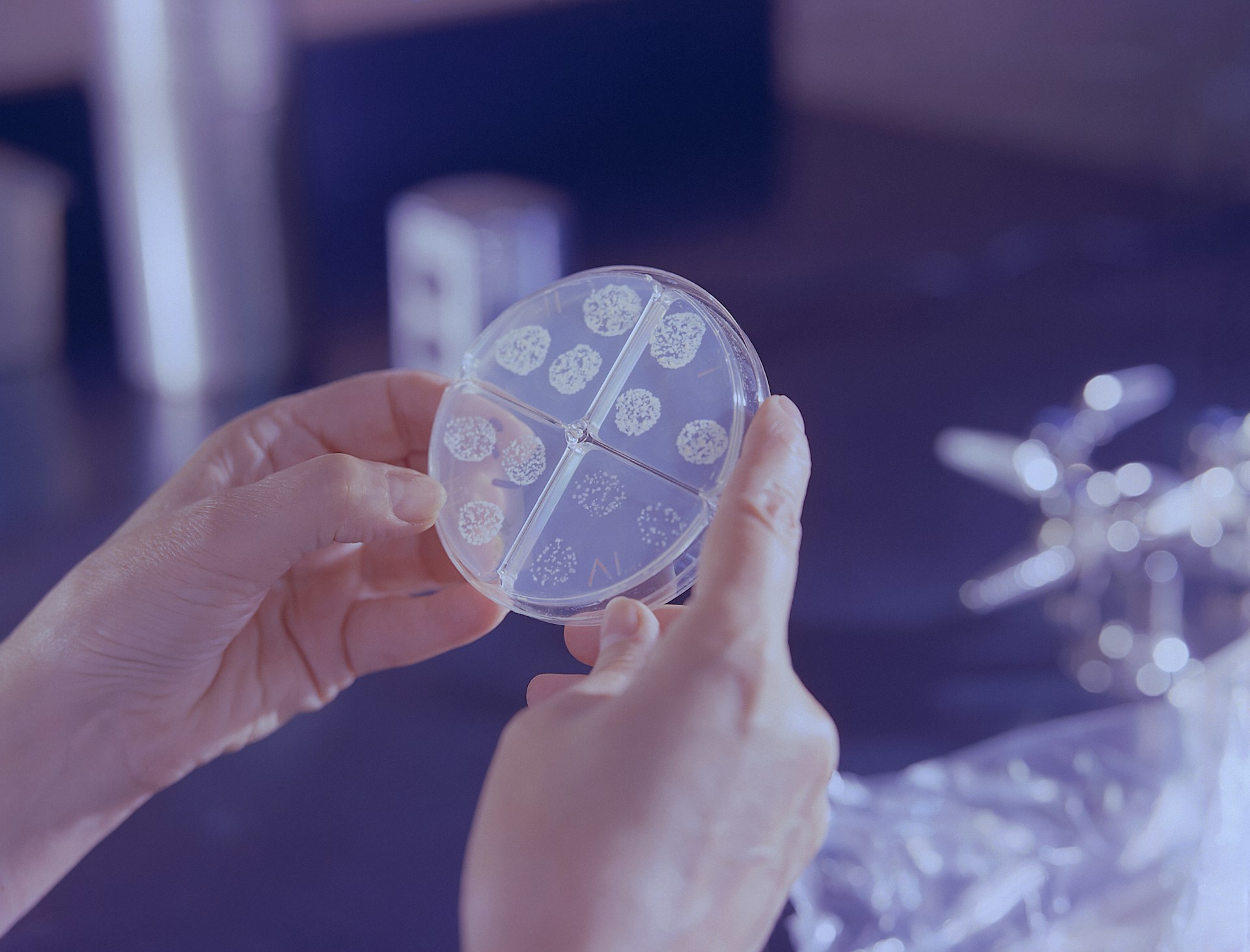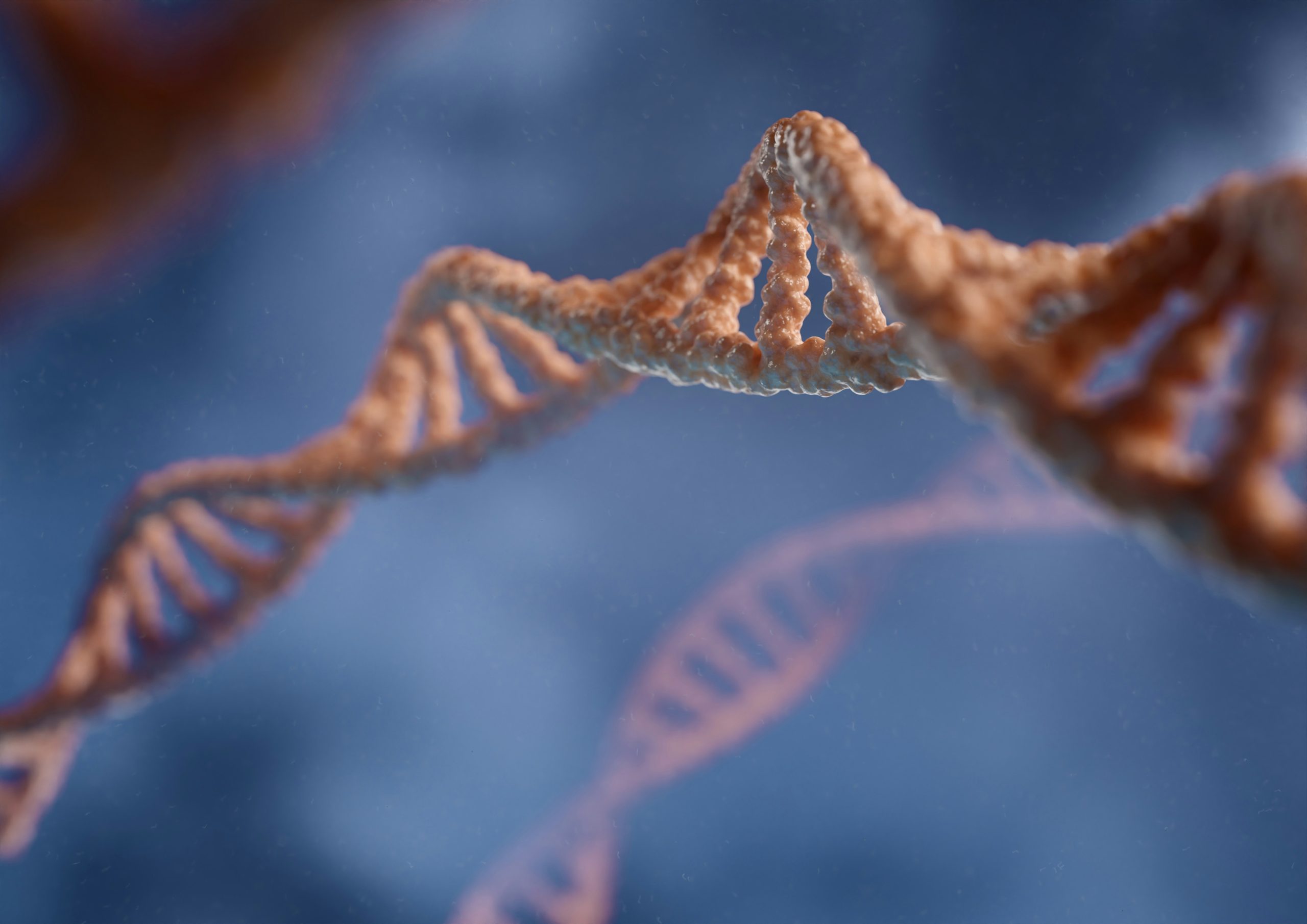Jake Burton on the unlikely benefits of citizen science.
Your Scientists Need You
Citizen science, where members of the public contribute to collecting and analysing data to further scientific research, has a long history. One project, the Christmas Bird Count, has been taking place across North America every year since 1900. And though ecological surveys may be the bread and butter of citizen science, they are by no means the only way to get involved.
Today you no longer need to traipse around muddy fields on a cold December day to leave your mark on the world of science. Instead you can while away the hours solving puzzles that help determine the structures of proteins. Or cast your eye over images of distant stars, identifying the ‘debris disks’ where planets form. The choice is yours.
Whatever you choose, citizen science projects like these have one thing in common (besides, of course, involving the public) – they generate vast quantities of data. But one of the concerns about citizen science is just how good all these data really are.
Houston, We Have A Problem
Scientists obsess over eliminating error from their work. That is, the discrepancy between the observations scientists make, and the truth reflected in nature. Though error often arises by chance, it can also be introduced systematically. It is this systematic error that poses a problem for citizen-led science.
You see, people are only human, and they make mistakes. For instance, when conducting a survey to identify the animals living nearby, we’re somewhat unlikely to register yet another rabbit. But you’d certainly be telling everyone if you saw something as elusive as a badger! It turns out this can skew the results somewhat. Indeed, several bird population surveys have found that the abundance of birds over time is entirely dependent on who is doing the observing. Not, as hoped, the actual abundance of birds.
But it would be silly to ban the public from science for not being quite so detail-oriented as the professional scientist. Since citizen science has other benefits. In fact, one of the areas where citizen science has excelled is when it focuses on local issues.
The city of Antwerp, Belgium, has been using citizen scientists to track air quality across the city by encouraging people to mount sensors for nitrogen dioxide (an indicator of traffic pollution) to their homes. As well as providing a trove of data on how the urban environment affects the dispersal of pollutants, the project has also landed air quality squarely on the agenda of local elections.
This shows a key benefit of citizen science: it can answer questions with important societal consequences. So although you might not be ecstatic about contributing to some obscure scientific paper, you could certainly get excited about making the place you live more, well, liveable.
Of course, citizen science doesn’t have to be quite so serious. One citizen-led project tracked repeated dog mess offenders by matching the DNA from tennis balls to the aforementioned dog mess. Ideas like this show that rather than having to be led by ‘professional’ scientists, people can concoct exciting uses for science all by themselves. Some of which we can’t even begin to imagine, though we can certainly try.
Don Your Cowboy Hats
The ‘DIYBio’ (or ‘Do it yourself biology’) movement, home to such crazy ideas as “Could I light my street in an eco-friendly way using glow-in-the-dark plants?” provides one example of how citizen science might look in the future.
Many traditional biology techniques can now be done, on the cheap, at home. Gel electrophoresis, a technique for separating DNA samples by size, requires nothing more than a bit of DIY and some ingredients from your nearest Tesco. Coupled with DIY PCR, a technique for amplifying interesting bits of DNA, you can suddenly do things like assessing the origin of your food or identifying those mysterious insect eggs in your garden.
Previously, citizen science has revolved around collecting data for others, but the introduction of DIY tools and equipment like those above will completely alter the way citizen science is done. The future of citizen science is one where participants devise their own questions, develop their own methods, and produce their own analysis. So that ultimately, everyone can contribute a little to making the world a better place. In this future, the limit is not what equipment you have, but rather your imagination.
So, put on your cowboy hats (and your lab coats) because the Frontier is coming to you!
Jake Burton is studying for a PhD in Immunology at Linacre College. Artwork by Michelle Mendieta Mean.





